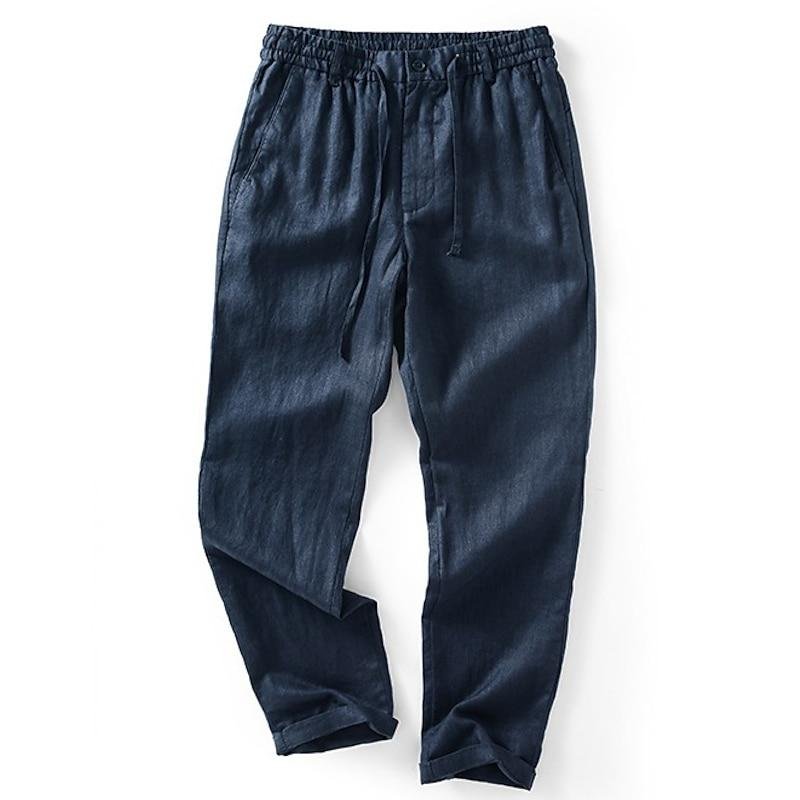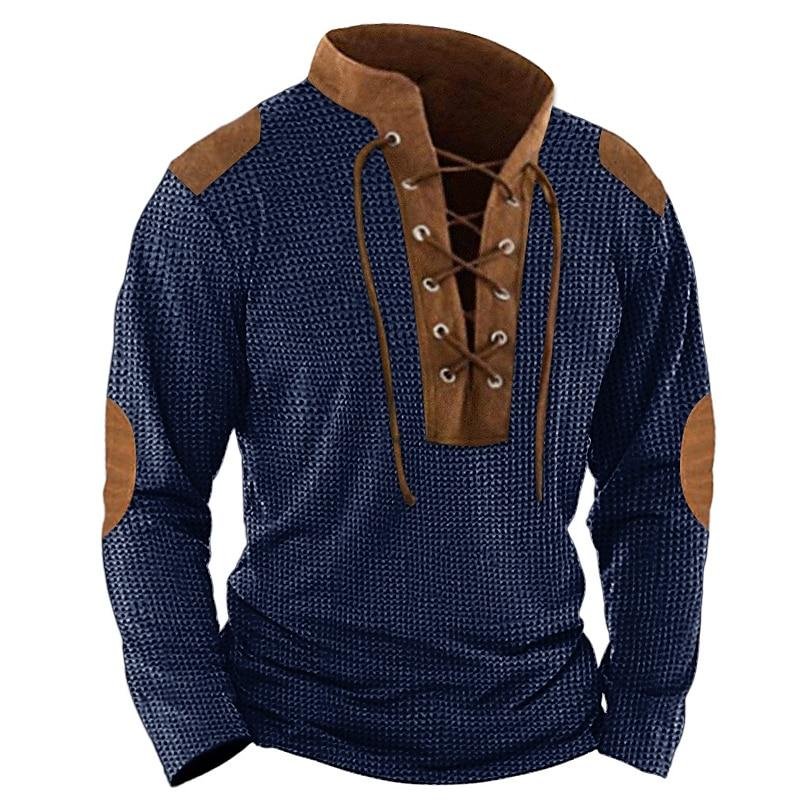Tag 1: Fashion
Tag 2: Clothing
Tag 3: Society
In today’s society, fashion and clothing have a powerful influence on our lives. From the clothes we wear to the way we present ourselves, fashion plays a significant role in shaping our identity. In this blog post, we will explore how fashion impacts society and why it is more than just materialistic indulgence.
Fashion has always been an essential aspect of human culture. It reflects the ever-changing trends and styles that define each era. Whether it’s through traditional garments or modern-day designs, clothing has been used as a means of self-expression for centuries. However, in recent times, it has evolved into something much more significant – an integral part of our social structure.
One cannot discuss fashion without mentioning its impact on social status and class distinctions within societies worldwide. Historically, certain types of clothing were reserved only for the elite classes while others were worn by the working class or peasants. Today, although these distinctions may not be as clear-cut as before; they still exist in subtle ways.
For instance, high-end designer labels are often associated with wealth and success while fast-fashion brands cater to those who cannot afford luxury items but still want to keep up with current trends. This creates a sense of belonging among individuals who identify themselves with specific styles or brands – ultimately shaping their identity.
Moreover, fashion also serves as a form of communication between individuals from different backgrounds and cultures. Through visual cues such as colors, patterns, and symbols found in various garments; people can express their cultural heritage or beliefs without saying a word.
On another note, one cannot ignore how media plays a pivotal role in promoting societal beauty standards through representations seen on runways or magazines. The constant bombardment of unrealistic body images can lead to body image issues among both men and women trying to fit into these beauty standards. This highlights the negative impact fashion can have on society, contributing to issues such as low self-esteem and eating disorders.
However, it is also essential to recognize that fashion has the power to break stereotypes and challenge societal norms. The rise of gender-neutral fashion and inclusivity in recent years has shown how clothing can be a tool for promoting equality and acceptance.
In conclusion, while fashion may seem like a superficial aspect of our lives, its impact on society runs deep. It goes beyond just clothes; it shapes our identity, influences social status, serves as a means of communication, and even challenges societal norms. As consumers, we should be mindful of the messages behind brands and trends we support – making conscious choices that reflect our values rather than blindly following what’s deemed “in style.” After all,”Fashion is not something that exists in dresses only; fashion is in the sky, in the street. Fashion has to do with ideas – how we live.” (Coco Chanel)

